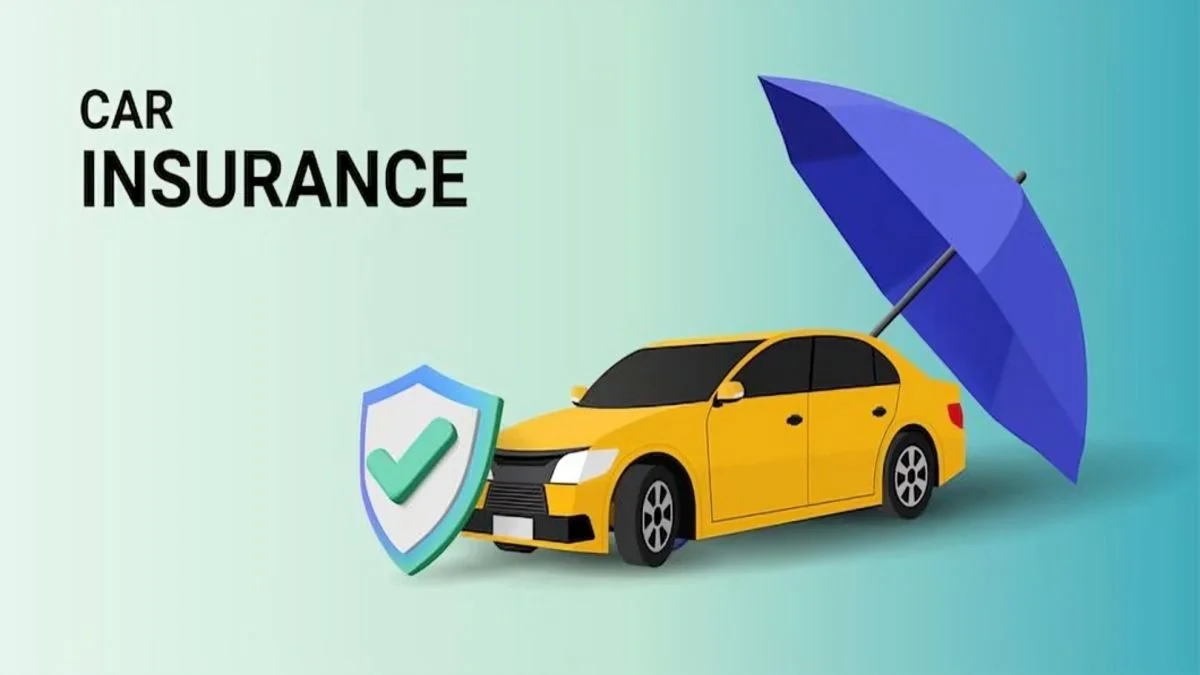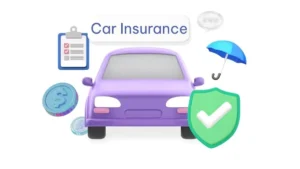INSURANCE
Innovative Strategies for Choosing Auto Insurance That Fits Your Needs

Auto insurance is not simply a legal obligation but a safety net that ensures financial protection in the event of accidents, theft, or other unanticipated catastrophes. However, with a myriad of options flooding the market, zeroing in on a policy that strikes the perfect balance between cost and coverage can be overwhelming. The challenge intensifies when trying to tailor a policy specifically for your unique situation, such as finding car insurance in Newark, DE. By adopting a strategic approach to assessing your needs, you can navigate the insurance landscape more confidently and find a policy that provides optimal coverage without breaking the bank.
Key Takeaways:
- Discover practical tips for selecting the right auto insurance coverage.
- Learn how to compare different policy options.
- Understand how factors like age, vehicle type, and driving history can influence your policy choice.
Understanding Auto Insurance Basics
Before diving into the nuances of selecting a policy, it’s crucial to understand the framework of auto insurance. Fundamentally, auto insurance protects against potential financial loss due to vehicle-related incidents. Various coverage types cater to different needs: liability insurance covers the costs associated with injuries and damages to others in an accident for which you are responsible; collision insurance covers the repairs to your vehicle in the event of a crash, regardless of fault; and comprehensive insurance covers a wide range of non-collision-related damages, from natural disasters to vandalism. Knowing these distinctions is critical to making an educated decision.
Factors Influencing Your Auto Insurance Choice

Personal Factors
Insurance premiums are not arbitrary; several personal attributes influence them. Young drivers are classified as high-risk owing to a lack of experience, resulting in higher rates. Conversely, a history of safe driving can be advantageous by translating into significant discounts, making it essential to maintain a clean driving record.
Vehicle-Related Factors
Your vehicle’s specifications heavily dictate the cost and type of insurance. Vehicles with current safety features sometimes qualify for lower rates due to their increased protective capabilities. Additionally, while luxurious cars provide comfort, they also require steeper premiums, which is attributed to their higher repair and replacement costs. Statistically, economy cars with robust safety ratings offer the most economical insurance options.
Comparing Auto Insurance Policies
At first glance, insurance policies may appear indistinguishably similar, but a detailed examination usually reveals key differences in coverage and cost. Efficient policy comparison involves scrutinizing coverage limits to ensure ample protection and understanding deductibles, which affect premiums. Affordable doesn’t always equate to better; ensure that the lower price doesn’t compromise essential coverage.
Utilizing Quotes and Reviews
In tandem with policy comparison, sourcing quotes from multiple insurers is essential. Online platforms allow for quick and easy acquisition of quotes, providing a basis for cost assessments. Incorporate insights from reputable sources like Consumer Reports to benefit from unbiased reviews and ratings that shed light on insurer credibility and customer satisfaction.
The Role of Discounts and Bundling
A lesser-known strategy for reducing insurance costs is leveraging discounts and bundling options. Discounts are extended under various guises—good driver, good student, and loyalty bonuses, to name a few. Furthermore, bundling multiple policies, such as combining auto and homeowners insurance under a single provider, can yield financial benefits due to the reduced administrative overheads for insurers.
Digital Tools in the Insurance Landscape
Advances in digital technology have changed the way we think about automobile insurance. From AI-driven platforms to intuitive mobile apps, digital tools empower consumers with real-time data and competitive quotes. Innovations in technology offer comprehensive comparison tools, making it easier than ever to visualize policy differences and select the most suitable option. Check sources for insights on leveraging these tools to their full potential, ensuring you choose a policy tailored to your needs.
Tips for Reassessing Insurance Needs Annually
Insurance isn’t a set-it-and-forget-it solution. Life’s dynamic events (from changes in marital status to the acquisition of new assets) can dramatically alter your coverage requirements. Conduct an annual assessment of your policy to verify it meets your changing needs and capitalizes on possible cost savings. Moreover, periodically checking the market for better rates or customer service can prevent stagnation in suboptimal policies.
Conclusion
The process of choosing auto insurance need not be an unfathomable task. By gaining a comprehensive understanding of coverage options and carefully evaluating personal and vehicle-specific factors, you’re better prepared to select a policy that accommodates your needs both now and in the future. As the insurance industry adapts to digital innovations, consumers are more empowered than ever to make informed choices that reflect their lifestyles and financial goals. Regularly reassessing your insurance policy keeps you ahead, ensuring peace of mind and financial security.
-

 BIOGRAPHY9 months ago
BIOGRAPHY9 months agoBehind the Scenes with Sandra Orlow: An Exclusive Interview
-

 HOME1 year ago
HOME1 year agoDiscovering Insights: A Deep Dive into the //vital-mag.net blog
-

 HOME1 year ago
HOME1 year agoSifangds in Action: Real-Life Applications and Success Stories
-

 BIOGRAPHY1 year ago
BIOGRAPHY1 year agoThe Woman Behind the Comedian: Meet Andrew Santino Wife




























